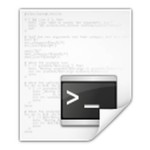Disable Nginx Version Number in HTTP Headers
By default, Nginx sends the version number in the HTTP response. Hackers can use this information to try and exploit any known vulnerabilities in Nginx, especially if you are running a version with known vulnerabilities. Security wise, it’s a good practice to not reveal versions numbers of the HTTP server.




